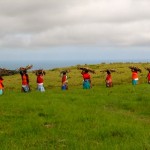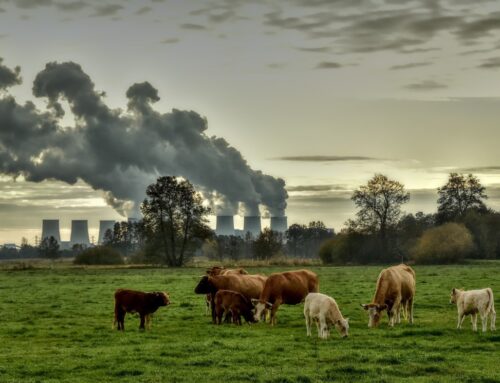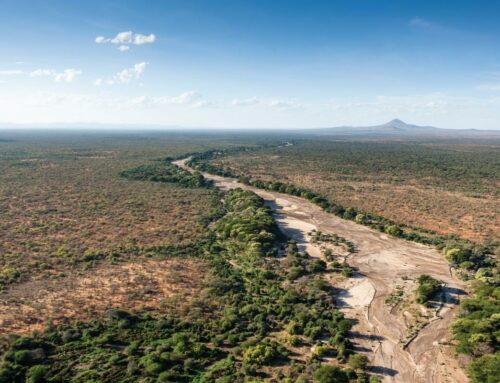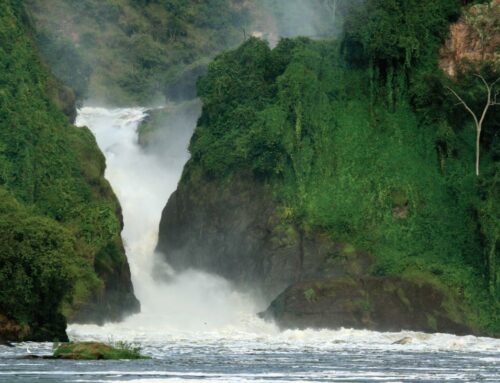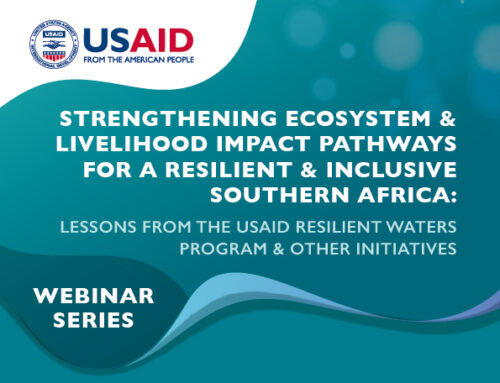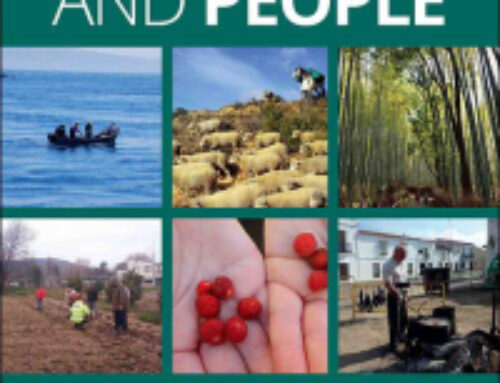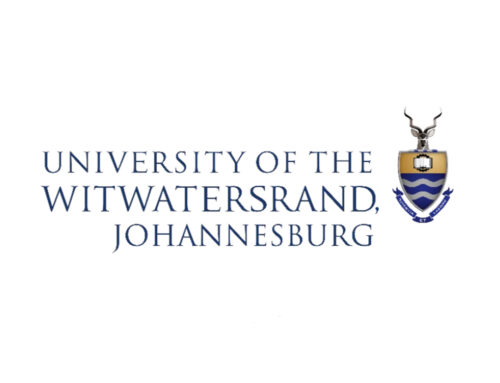For two years, PhD students Vanessa Masterson and Maike Hamann have explored the links between ecosystem services, human well-being and sense of place in the Eastern Cape Province of South Africa.
At the local scale, Vanessa has spent five months in the Centane district on the Wild Coast, conducting interviews and focus group discussions with villagers and migrant workers about their connection to the landscape, small-scale farming and the use of natural resources. She has also used participatory methods including photovoice and community mapping to characterize the sense of place of small-scale farmers and their migrant family networks, and explored the implications of this for agrarian land-use changes and migration patterns.
At the regional scale, Maike has mapped natural resource dependence across South Africa using national census data, and is using these maps to identify different social-ecological systems in the Eastern Cape and the rest of the country. Preliminary results indicate the presence of three distinct systems characterised by low, medium and high levels of natural resource dependence. Key social and environmental predictors like average household income and grazing potential have been tested to help explain the spatial pattern of social-ecological systems observed across South Africa.
The insights gained through this project thus far include an improved understanding of people’s dependence on and appreciation of ecosystem services for their well-being, through a combination of local qualitative and regional quantitative research methods.
*Images courtesy of Vanessa Masterson






